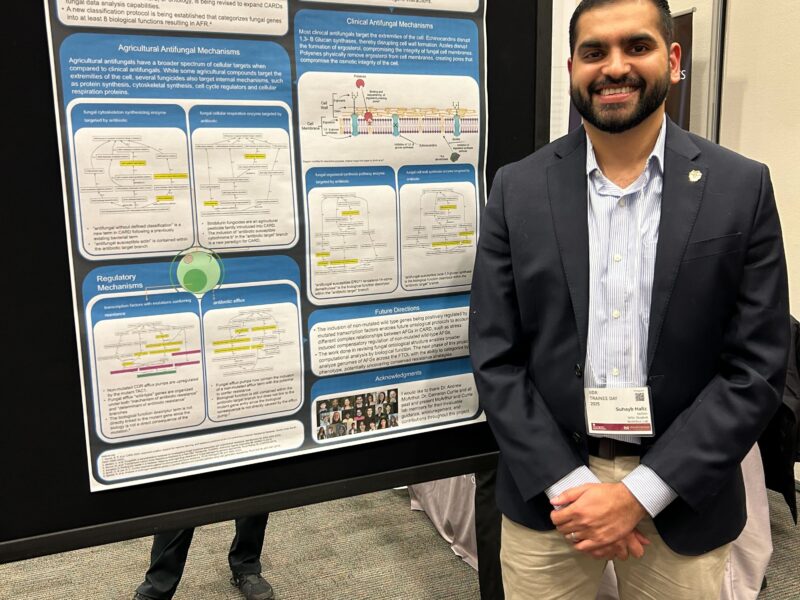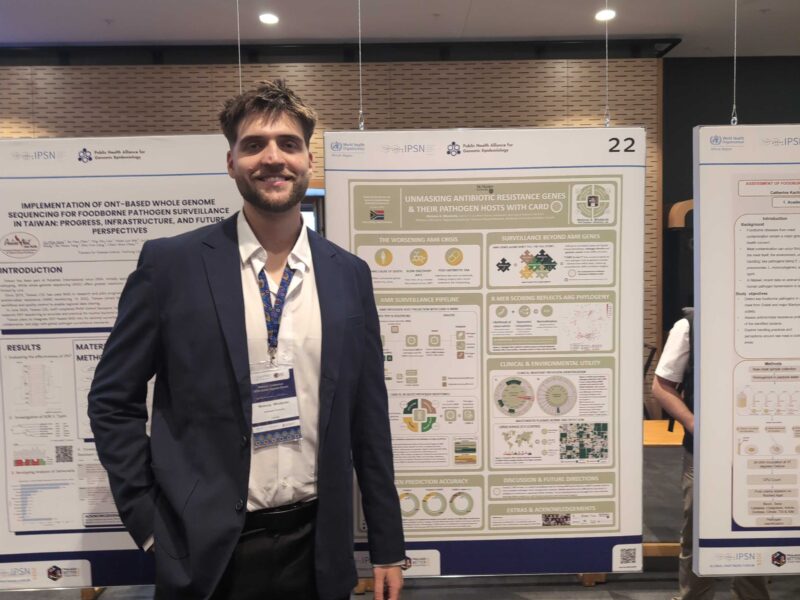 Hackenberger et al. Appl Environ Microbiol. 2025 Feb 28:e0187624.
Hackenberger et al. Appl Environ Microbiol. 2025 Feb 28:e0187624.
Better interrogation of antimicrobial resistance requires new approaches to detect the associated genes in metagenomic samples. Targeted enrichment is an ideal method for their sequencing and characterization. However, no open-source, up-to-date hybridization probe set targeting antimicrobial resistance genes exists. Here, we describe the Comprehensive Antibiotic Resistance Probe Design Machine (CARPDM), a probe design software package made to run alongside all future Comprehensive Antibiotic Resistance Database releases. To test its efficacy, we have created and tested two separate probe sets: allCARD, which enriches all genes encoded in the Comprehensive Antibiotic Resistance Database’s protein homolog models (n = 4,661), and clinicalCARD, which focuses on a clinically relevant subset of resistance genes (n = 323). We demonstrate that allCARD increases the number of reads mapping to resistance genes by up to 594-fold. clinicalCARD performs similarly when clinically relevant genes are present, increasing the number of resistance-gene mapping reads by up to 598-fold. In parallel with this development, we have established a protocol to synthesize any probe set in-house, saving up to 350 dollars per reaction. Together, these probe sets, their associated design program CARPDM, and the protocol for in-house synthesis will democratize metagenomic resistome analyses, allowing researchers access to a cost-effective and efficient means to explore the antibiotic resistome.
Detailed laboratory protocols and FASTA sequence files for probe synthesis and library enrichment are available at the Comprehensive Antibiotic Resistance Database website: http://card.mcmaster.ca. Version controlled copies of the CARPDM bioinformatics workflow are available in GitHub repository https://github.com/arpcard/carpdm. All metagenomic sequencing results, enriched or shotgun, were deposited in NCBI under BioProject PRJNA1093140.

